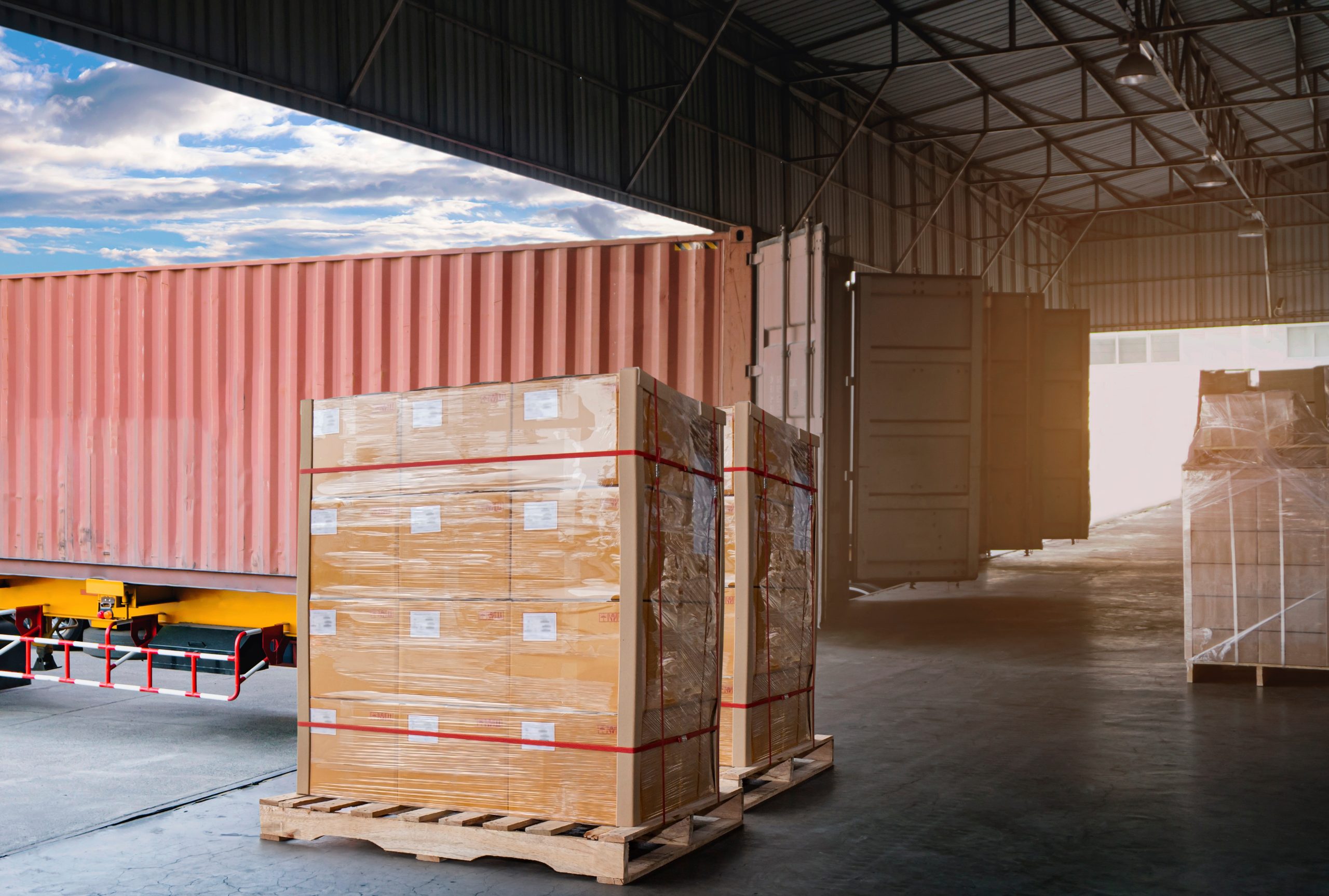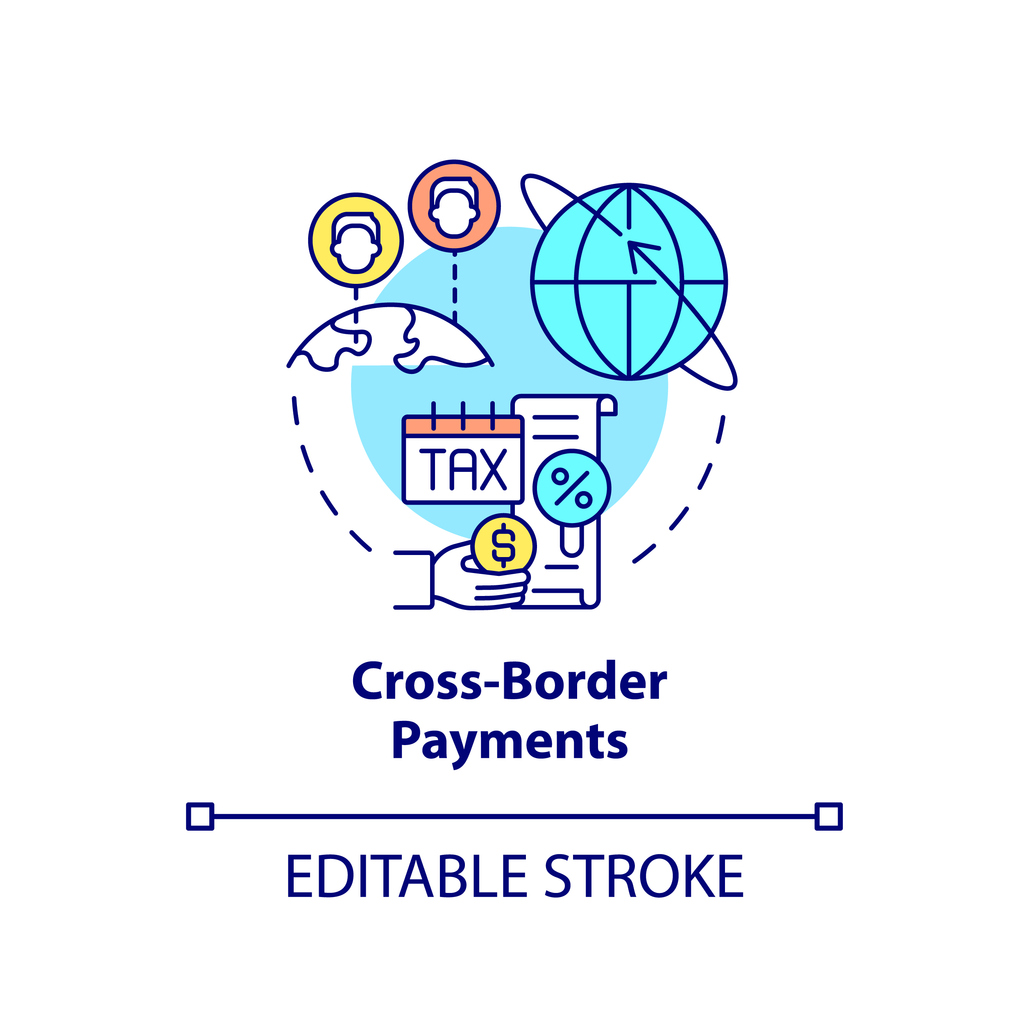How to Make International Shipping from Nigeria Easier and More Affordable
How to Make International Shipping from Nigeria Easier and More Affordable
International shipping from Nigeria can be complicated and expensive. It requires knowledge of international shipping regulations and customs, in addition to finding the most cost-effective shipping options. In addition, navigating the paperwork and bureaucracy associated with international shipping can be a challenge. Fortunately, there are steps you can take to make international shipping from Nigeria easier and more affordable. With the right information, tools, and resources, you can simplify the process and save money on your international shipping needs. Learn how to find the right shipping carrier, prepare documents correctly, and take advantage of discounts and incentives to make international shipping from Nigeria more manageable and cost-effective.
Understand Shipping Regulations
A good place to start is understanding the shipping regulations for your destination market. Regulations will apply to everything from the size of your packages to the type of shipping packaging you use. Keep in mind that while some regulations are universal, others vary based on the country you are shipping to. The best way to stay compliant is to understand the regulations governing international shipping to your destination. If you are shipping to the United States, for example, you will need to meet requirements set by the Department of Transportation (DOT) and Food and Drug Administration (FDA). You can find the necessary regulations and requirements by visiting their websites or contacting the relevant agencies directly. You may also want to contact your shipping carrier to get clarification on any regulations they may have. They may have additional requirements you have not considered to ensure your shipments are properly handled and arrive when expected. Regulations may affect your shipping costs as well. For example, if you are shipping large items by air, you may need to hire a customs broker to help you clear customs. This will increase costs, as will any added shipping restrictions. Keep these things in mind as you select which shipping method to use.
Select the Right Shipping Carrier
If you are looking to ship internationally from Nigeria, you will need to find a shipping carrier that offers international shipping. You can find a list of carriers who offer this service online. Choosing a shipping carrier is often the first step in the shipping process, and it can have a significant impact on the total cost of your shipping. You may also want to take into account factors such as the carrier’s service, reliability, and cost. You can find all of this information on each carrier’s website, along with a list of their available shipping options. You can also find information on shipping rates by country. This can help you find the best shipping rates for your international shipping needs. For example, if you are shipping to the United States or Europe, you may want to use a shipping company that offers reduced shipping rates.
Prepare Shipping Documents
After you select a shipping carrier, you will need to prepare the shipping documents for your shipment. International shipping documents vary depending on your destination. You can find out what you need to export your products from Nigeria by visiting the relevant government websites or contacting the customs authority in your destination country. If you are shipping to the United States, for example, you will need to fill out an Electronic Export Information (EEI) or a Shipper’s Export Declaration (SED). For more information, you can visit the U.S. Census Bureau’s website or call the SED Hotline at 1-800-549-4895. You may also want to contact your shipping carrier to see if they have any additional requirements for your shipment. You can save time and money by choosing the correct export documentation for your shipments. You may also want to consider using an export management system. These systems manage export data and documentation, allowing you to more easily select the correct export documentation for your shipments. They can also help you comply with export restrictions and regulations.
Take Advantage of Discounts and Incentives
If you are shipping via air, you may be able to take advantage of discounts or incentives. Many carriers offer discounted rates for preferred trading partners or customers who qualify, including companies shipping high volumes. If you are shipping via sea, you may be able to take advantage of incentives offered by your shipping carrier. Some carriers offer incentives like reduced rates or free shipping. You can find out if your carrier offers any incentives by contacting them directly. If you are shipping a large volume or if you are shipping a particular type of product, you may be able to take advantage of these incentives. It is important to keep track of these incentives, as they may change from time to time. You may also want to look into taking out a contract with a steamship line. This can be beneficial if you are shipping large volumes of goods. This can help you get reduced rates and a guaranteed number of ship arrivals.
Consider Insurance and Tracking
Another important factor when shipping internationally is insurance. This can protect your shipments against loss or damage incurred during transit. It can also help protect your business against claims and disputes from your customers. You may want to take out insurance for your shipments if the value of the products you are shipping exceeds the amount for which a carrier is liable. You can find out how much a carrier will cover by visiting their website or contacting them directly. You can also find out how much insurance you will need by visiting an insurance provider website. Be sure to find out how long the policy lasts, as well as any applicable exclusions. For example, some policies may not cover perishable items or medications. You can also track your shipments to ensure they are on schedule and to stay apprised of any issues or delays. You can track shipments online or through an app. You can also arrange to have your shipments sent to you via a service like FedEx SmartPost.
Package Items Properly
You can also take steps to make sure your shipments arrive safely. Start by packing your items properly. You may want to use the right containers for your products, such as wooden crates and wooden pallets when shipping breakable or heavy items. You can also use the right packing materials, such as bubble wrap or air bags to protect your shipments from damage. Other ways you can keep your shipments safe include using the correct labeling and following correct shipping procedures. For example, you may want to include documentation with your shipments, such as commercial invoices or bills of lading. You may also want to register for tracking and insurance. You can also use automation tools to track your shipments, manage documentation, and stay informed about your shipments. This can help you avoid common shipping mistakes, such as failing to get the necessary paperwork or packing items improperly. It can also help you stay informed about your shipments and reduce the amount of time you spend on the shipping process.
Calculate Cost vs. Benefits
Before you ship your products internationally, you will want to calculate the cost vs. benefits. You can use a cost calculator to determine the total cost of your shipping. You can also calculate the cost of the added benefits, such as tracking and insurance, to see if they are worth the added cost. It may be worth paying a bit more to ensure your shipments arrive as expected and without damage. This can help you avoid complaints from customers and negative reviews. Knowing how much shipping your products will cost can help you determine the best market to sell your products in, as well as the volume of products you can ship at once. It can also help you plan your shipping costs and estimate how long it will take for you to receive your payment.
Use Automation Tools
Using automation tools can help you simplify the shipping process. Shipping software can help you manage orders, inventory, and shipments. You can use it to track shipments, receive notifications about delays, and create shipping labels. This can help you stay organized and on top of your shipments. These tools can also help you find the best rates, package items properly, and prepare the necessary shipping documents. They can also help you comply with regulations and offer convenience and flexibility. For example, you may be able to schedule shipments or arrange pick-ups for large items. This can help you avoid high-volume shipping days and make the process easier for your employees. By using automation tools, you can simplify the shipping process. This can help you stay organized, save time, and reduce costs. It can also help you avoid common shipping mistakes and keep your shipments safe and on schedule.
Seek Professional Assistance
Finally, you may want to consider hiring a logistics company or shipping broker to help you with your international shipping needs. Logistics companies can help you manage your shipping process, handle customs and export documentation, and book space on vessels or airplanes. Shipping brokers can help you find the best rates, manage insurance and claims, and book space on vessels or airplanes. This can help you find the best rates, simplify the process, and stay informed about the status of your shipments. It can also help you avoid








LEAVE A COMMENT
You must be logged in to post a comment.